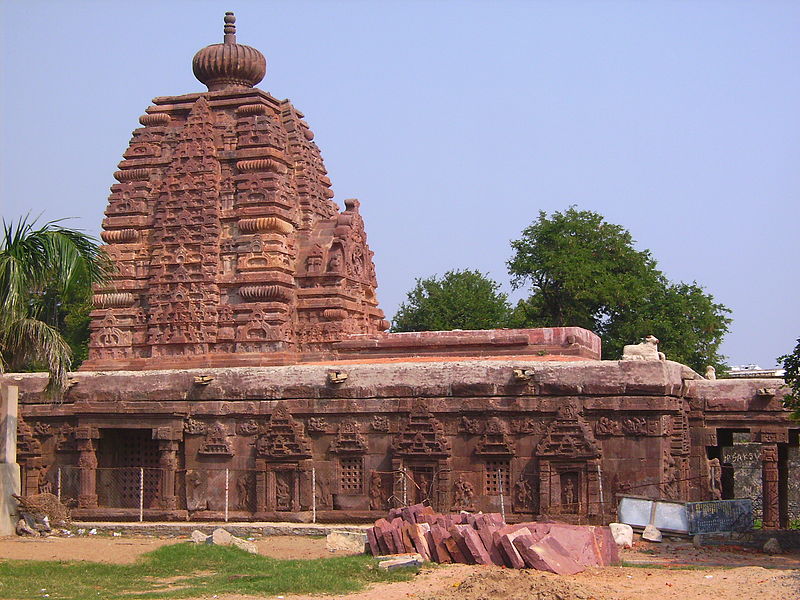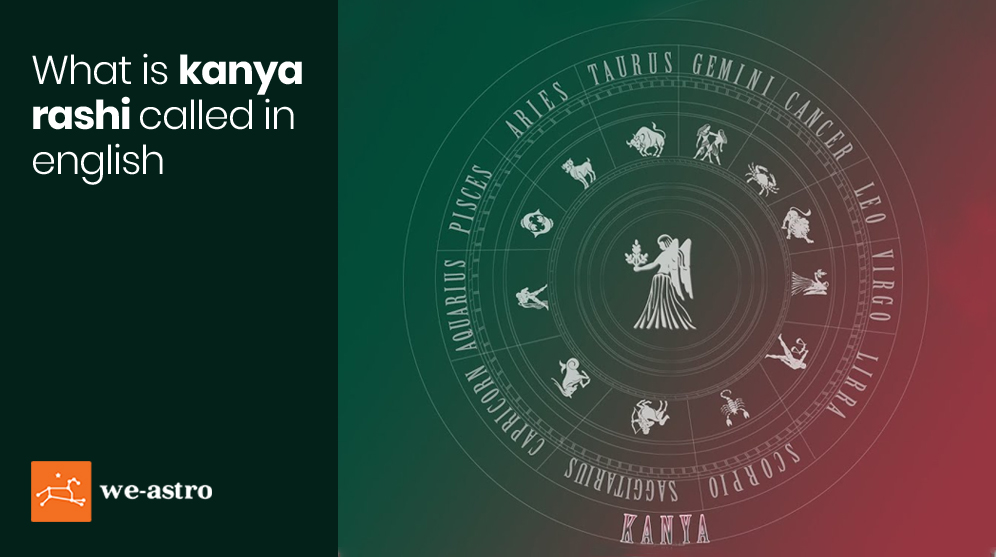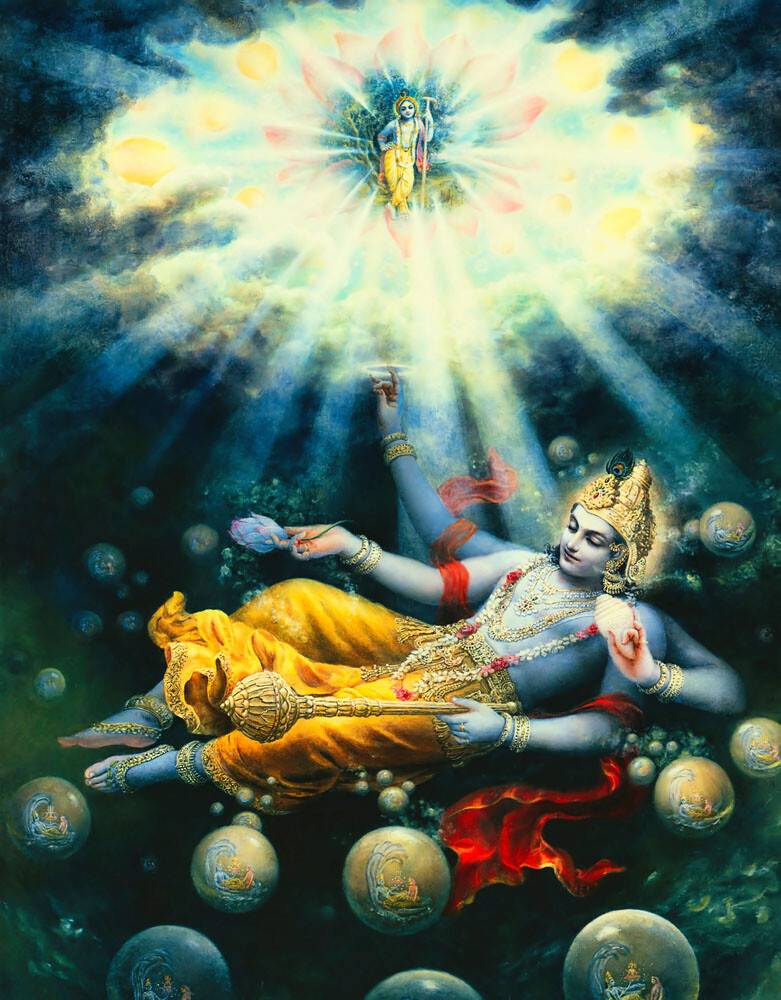Unveiling the Essence of Sanskar: A Journey into the Soul of Hindu Traditions
Explore Sanskar in Hinduism - the sacred rites and rituals shaping an individual's life, from birth to death, guiding one's spiritual journey.

Each of us goes through countless rites of passage during our time on this earth. In Hinduism, these rites are collectively known as Sanskars. Sanskars play a vital role in the life of a Hindu, as they are the foundation upon which one's spiritual and cultural journey is built. In this post, we delve into the significance and relevance of Sanskars in modern times.
Sanskars are the sacraments that a Hindu undergoes from the time of conception until the end of life. These rituals are designed to purify and guide the individual through different stages of their life, helping them embark on a path that is in harmony with their Dharma (duty) and Karma (actions). There are sixteen major Sanskars, known as the Shodasha Samskaras, that encompass every significant event in a Hindu's life, right from conception, birth, education, marriage, and ultimately death. Each Sanskar is designed to imbue the individual with specific qualities and virtues, contributing to their overall growth and spiritual progress.
Although the Sanskars have their roots in ancient Vedic scriptures, their relevance in today's fast-paced and dynamic world cannot be undermined. Modern life is fraught with challenges and uncertainties, and it is in these times of turbulence that the age-old wisdom enshrined in the Sanskars can provide us with stability, guidance, and strength. These rituals help us maintain a connection with our roots and traditions, thus enabling us to better navigate the complexities of contemporary life.
One of the key factors that make Sanskars indispensable in today's world is their emphasis on cultivating strong ethical and moral values. Sanskars like Upanayana (sacred thread ceremony) and Vidyaarambha (initiation into learning) are aimed at imparting knowledge and wisdom, fostering qualities like discipline, perseverance, and humility in the individual. These virtues are crucial in developing a strong character, which is instrumental in leading a successful and content life.
Another noteworthy aspect of Sanskars is their emphasis on the importance of family and social ties. Rituals like Vivaha (marriage) and Grihastha (entering family life) not only signify the union of two individuals but also strengthen the bonds between two families and communities at large. In an age where relationships are increasingly becoming fragile, the values enshrined in these Sanskars can help foster a sense of unity and togetherness.
In conclusion, Sanskars are an integral part of Hinduism, serving as the guiding light on our journey through life. Despite the passage of time, they continue to hold immense relevance and significance, helping us navigate the complexities of the modern world with wisdom, strength, and grace. Embracing these rituals and imbibing the values they uphold can pave the way for a life of fulfillment, happiness, and spiritual growth.




